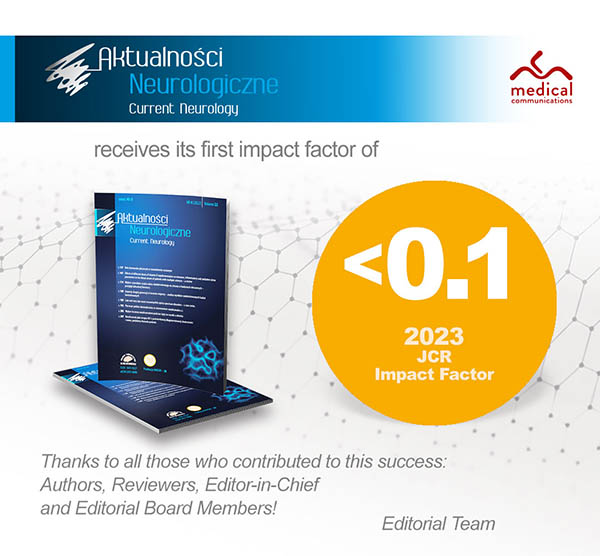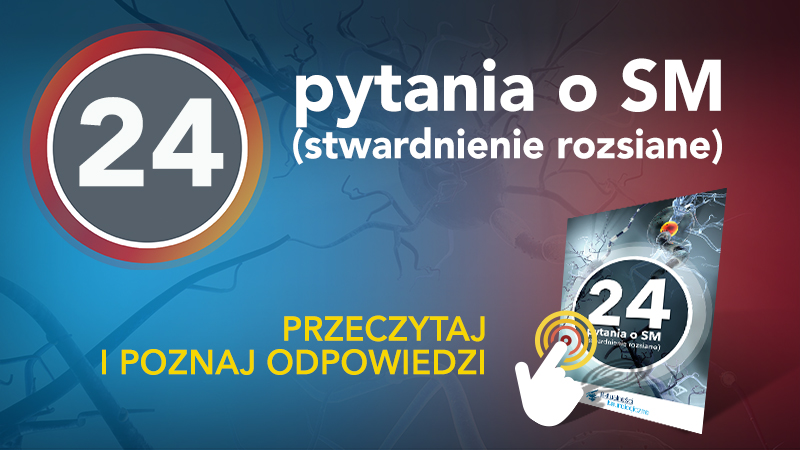Dysphagia due to brain stroke – diagnostic and therapeutic guidelines
Tatiana Lewicka1, Ewa Krzystanek2
 Affiliation and address for correspondence
Affiliation and address for correspondenceAccording to a definition by the World Health Organization from 1980, a brain stroke is described as rapidly developing clinical signs of focal (or global) disturbance of cerebral function, with symptoms lasting 24 hours or longer, of vascular origin. Aside from loss of mobility, it results with speech and swallowing impairment. Neurogenic dysphagia causes difficulties with adequate food intake and contributes to aspiration pneumonia and malnutrition. Dysphagia due to brain stroke occurs suddenly and progresses rapidly, preventing the patient from adapting to the deficits. The role of physicians, speech and language therapists and nursing staff in acute stroke units is to screen for dysphagia, and implement relevant management strategies, including an optimum feeding method (e.g. with a nasogastric tube), prompt therapy and prophylaxis of possible complications. The available dysphagia screens are characterised by high sensitivity and specificity. Management of dysphagia involves the use of various methods aimed at facilitating articulation and restoring the capacity for oral food intake. Texture-modified food, adjusted to the patient’s current condition, is an important element of treatment. Foods and fluids are modified with a thickener. Studies have demonstrated appropriate food consistency to be crucial, allowing oral intake of foods and liquids, whilst preventing aspiration and the associated pneumonia. Food-thickening is an easy management strategy, applicable for a wide range of foods and meals, helping caregivers to follow dietary recommendations in a home setting, and improving the patients’ quality of life.








